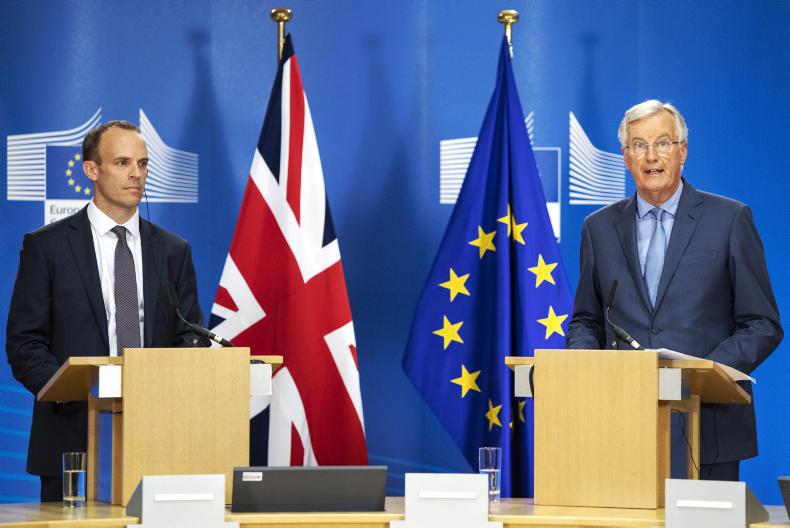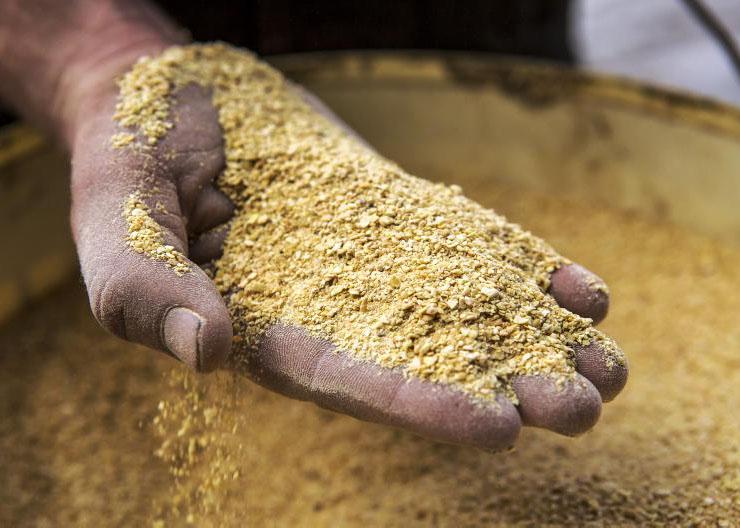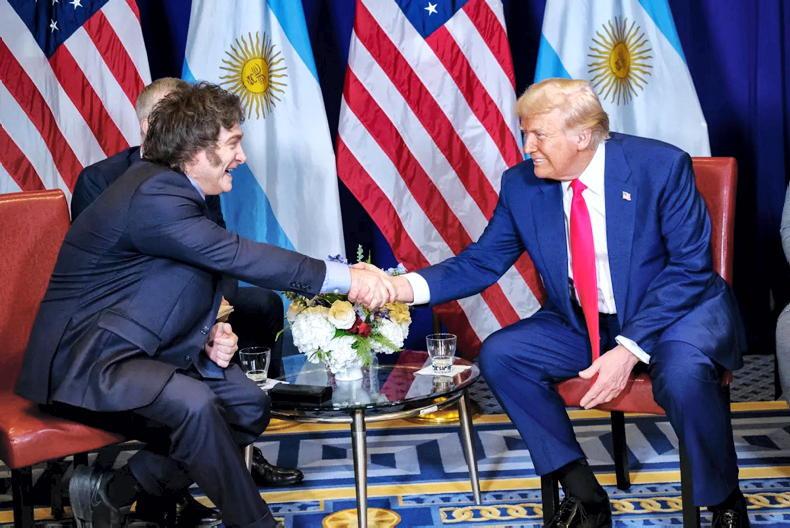Brussels closed last weekend for its annual break during August and the UK parliament is in recess from the week before following a particularly turbulent session. The last days of activity before the break gave no suggestion that a solution to the wider Brexit issue will be found.
White paper in trouble
EU Commission chief negotiator Michel Barnier effectively killed off the UK White Paper in a press briefing after his second meeting with Dominic Raab in Brussels on Thursday last. In paraphrasing the UK language on Brexit he said: “Maintaining control of our money, law and our borders also applies to the EU customs policy…and will not delegate the application… to a non-member who would not be subject to the EU governance structures.”
He also dismissed any conditionality on the Brexit settlement bill as had been suggested by the new UK Brexit minister, Dominic Raab, saying: “What has been agreed in December and agreed in March has been agreed for good.”
Post-Brexit quota allocations
Meanwhile as Barry Cassidy reports on page 8, the EU Commission has published the responses to its proposal to allocate import quota between the UK and EU27 on the basis of the past three years of trade. In all, the Commission received 21 responses, none of which were supportive of the tentative agreement between the EU and UK to share out the quota access based on three years trade figures. The general principle of the responses was that the agreement was on the basis of the EU as constituted before Brexit and splitting up of this quota based on just three years of data would put the exporter to the EU and UK at a disadvantage.
Difference between EU27 plus UK and EU28
This is the real politick of Brexit. Something that looked quite straightforward for allocation on separation is now proving anything but, with the Brazilians going as far as to say that the proposals call into question the EU’s “reliability as a trade partner insofar as political decisions can downsize commitments made by the Union as a single entity”.
Opposition was equally forthright from the other South American countries, Australia, New Zealand and Canada though in more diplomatic language, the inference was the same. That means that third country traders do not see access to the EU27 plus the UK separately, based on historical trading volumes, being the same as access to the single market entity that was the EU28.
Argentina has expressed “profound substantive concern about the methodology of the proposed apportionment” reflecting a common theme among exporting countries to the EU. The International Meat Trade Association which is UK-based and represents importers and exporters, doesn’t accept that the shares on apportionment between the EU27 and the UK have to add up to 100% after separation.
They point out like the other contributors that the flexibility to sell product to either the UK or EU27 was part of the market access granted to third countries under the WTO commitments. They refer to the three year period to establish trading patterns as a “convenient mirror” when used for EU enlargement, it isn’t a mirror image when an EU member is departing.
Comment
In the Brexit debate to date, issues have been reflected through Brussels or alternative Westminster prisms of pro-Brexit or pro-EU. The debate has focused on the conflicting views held in each capital with little regard for the wider world. Ironically, one area where the EU and UK quickly settled their differences was on the apportionment of access for products that gained admission to the EU28 single market under tariff rate quotas (TRQs).
The agreement between the EU and UK was that these be divided on trade patterns of the most recent three years for which data was available on where the third country product went once it arrived in the EU and allocate quotas accordingly.
For the EU and UK that seemed a fair and sensible way but all of the third countries who have been trading with the EU28 up to now have cried foul. They say that the methodology for apportionment is flawed as there is no certainty where product finished up when it was landed in any part of the EU28.
They also say that having the EU28 quota split between the EU27 and the UK as two separate quotas adding up the original quota isn’t the same thing. They believe that it is less flexible as in theory the entire EU28 quota could be used to supply exclusively the UK or indeed any other member state on a first-come first-served basis.
Brexit has now moved from being an EU27 and UK issue to one that also includes members of the WTO who have a TRQ with the EU28, a further complication that reflects the complexity of disentangling from being part of a single market for decades.










SHARING OPTIONS